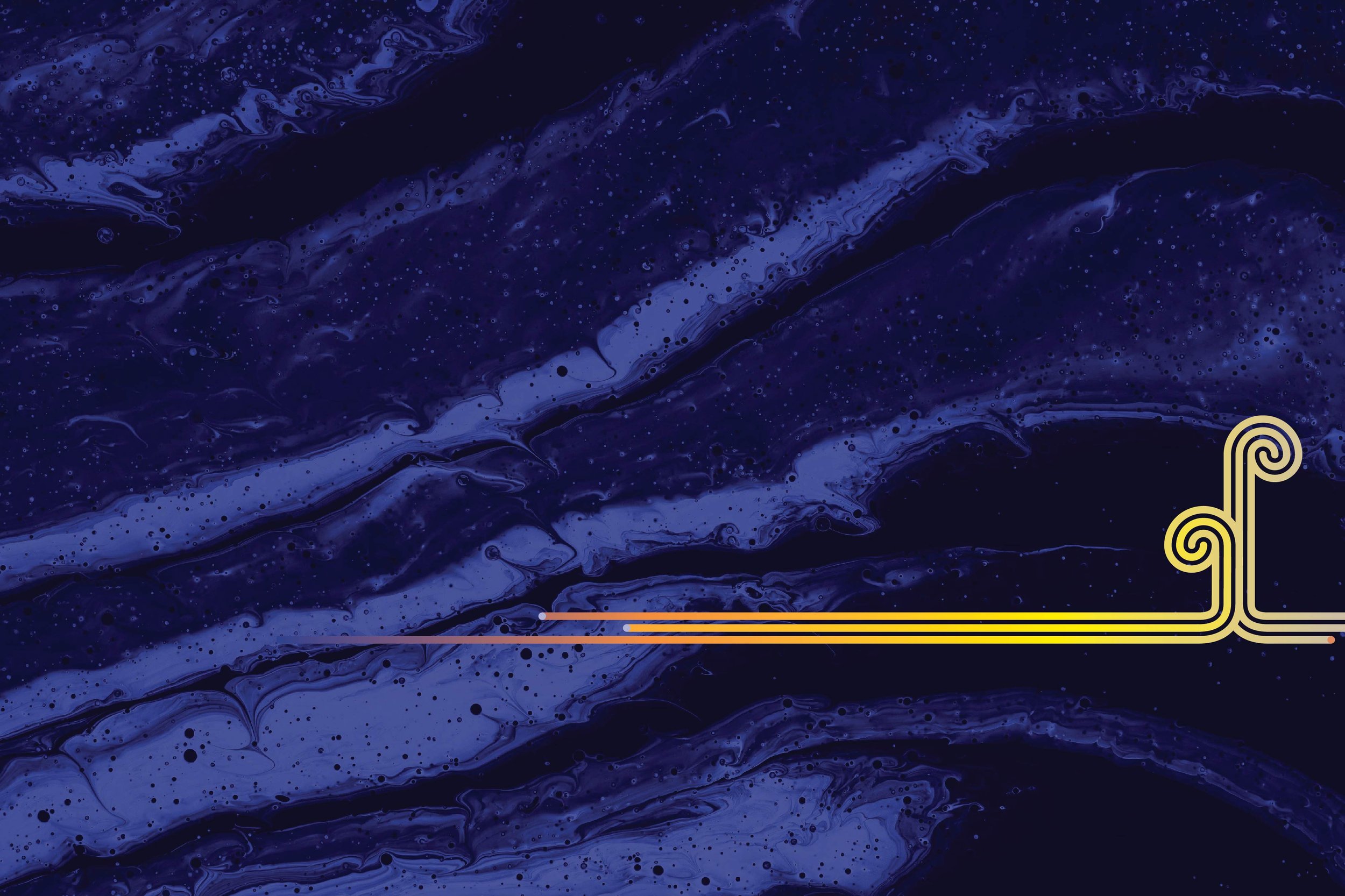
APMAR Information Hub
APMAR Consultation
February and August, 2023
o Survey study exploring perceptions of psychedelic-assisted therapy among Māori healthcare workers
May 2023 and 2024
o LSD microdosing randomised placebo-controlled triple-blinded trial for people with depression
April and November 2023
o Ketamine-assisted therapy for end-of-life distress
March 2024
o Community strategising about psychedelic therapy in Aotearoa. A community-building/connecting and community-based participatory research project.
April 2024
o Survey study exploring perceptions of psychedelic-assisted therapy among the addictions workforce
June 2024
o Community psilocybin use study, exploring practices, effects, and psilocybin content of mushrooms (drug testing).
Research Output
Poster presentation at the World Indiegnous Cancer Conference (WICC) 2024
Abstract submitted
Objective: Western psychedelic research is experiencing a resurgence following a multi-decade hiatus. As scientific efficacy is established and we see the emergence of new psychedelic-based interventions, there is a significant risk that indigenous knowledge and ways of being will not be integrated into this practice. Current research indicates that psychedelics may represent an alternative treatment option for cancer-related distress, one that may overcome the limitations of currently available psychological and pharmacological interventions. Māori in Aotearoa face significant inequity in cancer prevalence and associated psychological disorders and it is essential that authentic action is taken to ensure Māori goals and aspirations, and Te Ao Māori are represented in current and future psychedelic research practice. The Aotearoa Psychedelic Māori Advisory Rōpū (group) was formed to work towards this goal.
Project: APMAR is made up of indigenous academics, clinicians, and students, who are interested and passionate about the Kaupapa (agenda) outlined above. The rōpū provides a platform for regular consultation between psychedelic researchers/practitioners and Māori. The consultation and support provided are guided by the principle of Tino Rangatiratanga, ensuring that research and intervention are consistent with the needs, views, and aspirations of Māori. The members draw on their lived and learned cultural expertise to assist the attendees in considering concepts integral to Te Ao Māori, including whanaungatanga (relationship/connection), kaitiakitanga (guardianship), and manaakitanga (care/respect/support). The relationship formed between the participant and the rōpū is a genuine partnership built on reciprocal trust, and our process and terms of engagement have been designed to foster that relationship.
Outcomes: APMAR was formed in late 2021 and has consulted on three unique psychedelic research projects, each at different stages of implementation. The rōpū and its kaupapa is an evolving work in progress aimed at improving health equity for Māori in Aotearoa.
Ongoing Research
APMAR Evaluation Project
The purpose of this study is to collect data on implementation, process, and outcomes.
The results will be used to:
Measure program outcomes and impacts
Identify areas of improvement to better achieve desired outcomes
Demonstrate accountability to kaupapa, to research participants, to researchers, and to the Māori community
Support and reinforce the kaupapa of the rōpū
Knowledge generation for researchers
Phase One: Exploratory Evaluation Planning
Protocol Development
Hui with rōpū members
Discuss and develop project logic model
Discuss evaluation goals, research questions, and how the findings will be utilised.
Phase two: Evaluation Design
Data collection tools reviewed to reflect findings from initial focus group
Confirmation from rōpū on final versions and upcoming data collection
Phase three: Data Collection
Surveys sent out to three stakeholder groups
Semi-structured interviews conducted with researchers and members
Phase four: Data analysis and interpretation, judgements about findings, and recommendations
Interviews transcribed and de-identified
Results analysed
Triangulation among stakeholder group results, both qualitative and quantitative findings
Hui held with rōpū to discuss findings and come up with recommendations
Phase five: Dissemination and implementation
Final write-up
Dissemination
Implementation of recommendations

